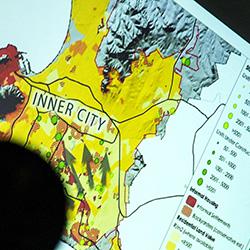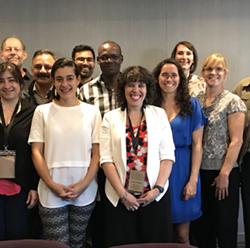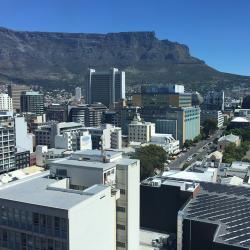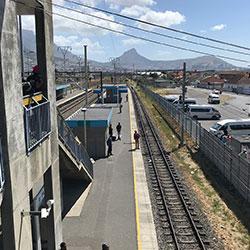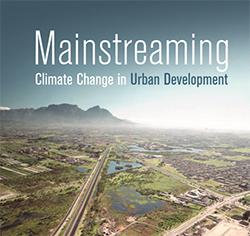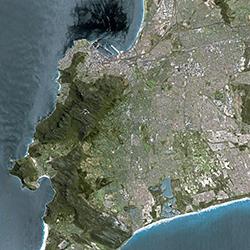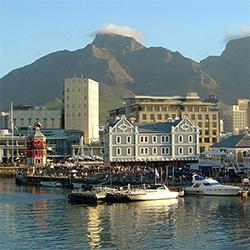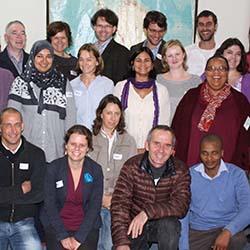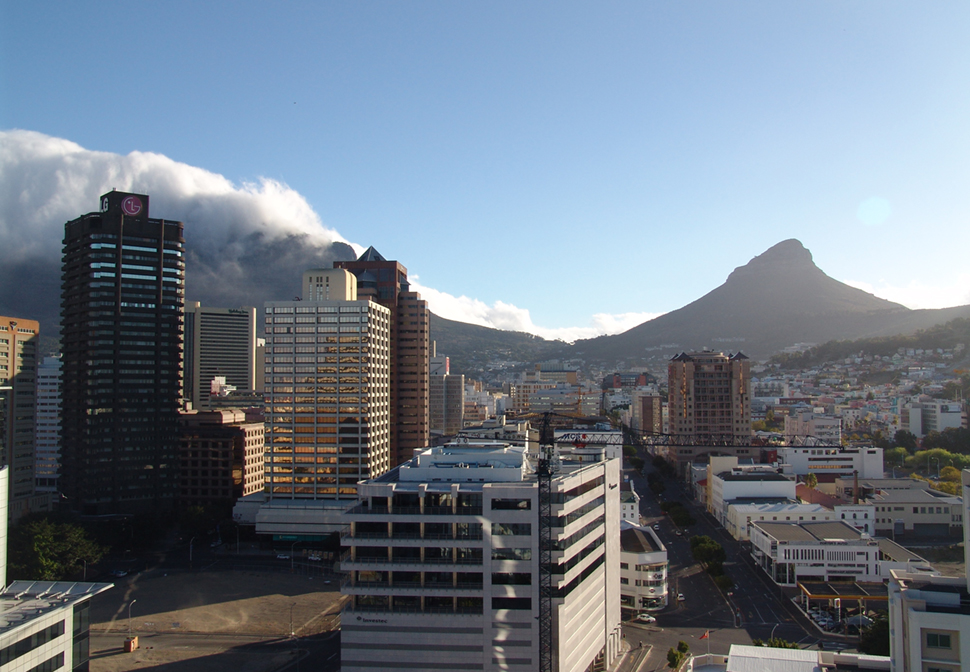
Land, Housing and Spatial information in Cape Town
Cape Town remains stubbornly spatially divided. The legacy of colonialism and apartheid planning has resulted in a sprawling city divided on racial lines. It remains a priority for CTLIP projects to continue exploring how to transform the city. This project focuses on exploring land, housing and spatial transformations in an attempt to help contribute towards realising a more just city.
Mercy Brown-Luthango will continue to work on land availability in Cape Town (with support from Anna Donald). The research will also link to local non-governmental organisations involved in social and spatial integration in Cape Town. A journal article on land in Cape Town will be published in 2019, and a seminar of land in Cape Town will be held.
Through co-funding from the Bosch Foundation (2018-2021), there will also be a PhD student (Alicia Fortuin) and postdoctoral research fellow (in the process of being recruited) working on this theme, with a focus on the implications of socio-spatial inequity for residents and government. Related to this stream of work there is also a small project on youth in marginalised areas, co-funded by the South African National research Foundation. During 2019 an exhibition will be held as part of the youth project and a popular publication will be produced.
Liza Cirolia and Nobukhosi Ngwenya will continue working on tracking socio-spatial transformation in Cape Town, both at the city-wide scale (with a focus on the human settlements programme and municipal finance) and on bottom-up processes (informal land occupations and the repurposing of social infrastructure). One journal article and two seminars are planned for 2019. This work is co-funded through the PEAK Urban project and will continue until 2021.
Photo by: Stockexchange.
